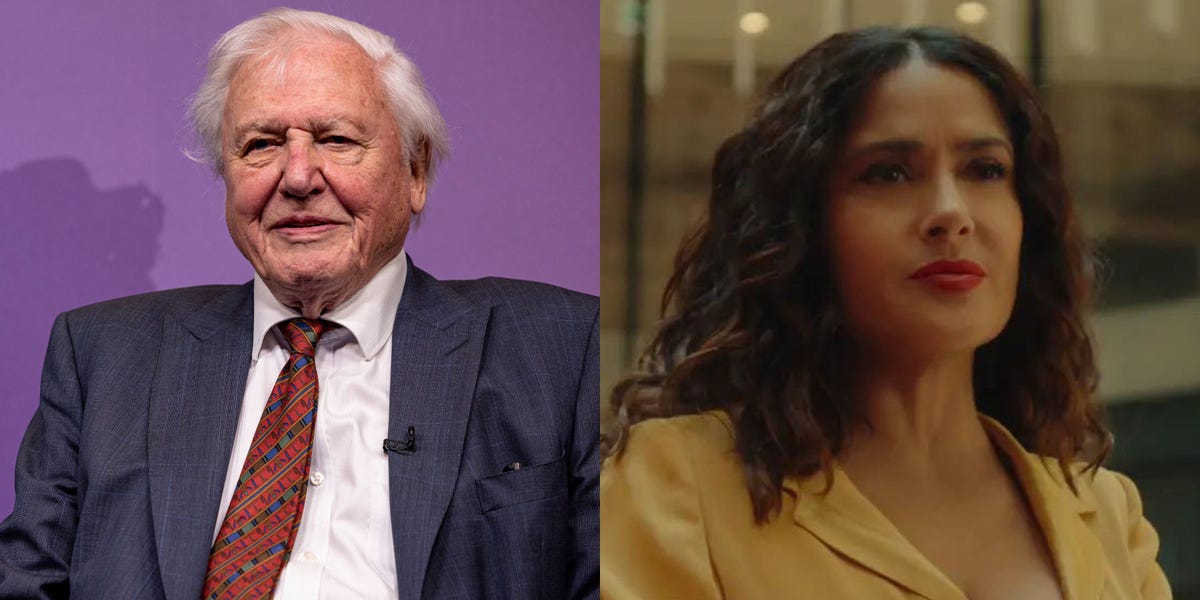This video of David Attenborough narrating a programmer’s life shows Hollywood actors were right to be afraid of AI::If you’ve ever wanted acclaimed broadcaster and documentary filmmaker Sir David Attenborough to narrate your life, you’re not alone — and you don’t have to keep merely wishing for it anymore.



You might want to familiarize yourself with the economics paper “The Nature of the Firm” which in part won its author the Nobel for economics.
The premise is that the reason why large corporations make sense is because of high transactional costs in the operational elements of labor.
A decade ago this was relevant to predicting how things like Uber might displace taxi and limousine companies. If you had wanted to get paid to drive people around, there was a high transactional cost where that had to be your career effectively, until tech came along that allowed it to transition by lowering transactional costs.
But now tech is poised to lower costs for everything. For legal. For HR. For management. For marketing.
The tech is going to prove to be a death knell for large corporations as transactional costs fall. The advantages of being a mega-corp reduce significantly when the point of diminishing returns on size get scaled back to mid size organizations because costs have been decimated.
The future will be one where Mom and Pop stores can have access to legal comparable to Walmart to prevent unfair competition, or where recording artists can directly market and negotiate contracts with venues or streaming services cutting out labels.
And in terms of voice acting, the assumption that labor demand is capped to the status quo supply is quite wrong, as tech like this means orders of magnitude greater demand across what will eventually be 1:1 media.
You’ll continue to see voice actors employed for key roles, increasingly with less middlemen taking a cut and more competitive negotiation for their services, while seeing voice licensing increasing as a market driving a massive increase in personalized media along the lines of being able to ask a question to your TV during a Planet Earth 2025 show about what you just saw and getting an answer narrated back by the same narrator as provided the original voiceover, with the actor themselves getting a residual or additional flat fee for having provided that capability.
The talent industry right now is a lot like the MPAA/RIAA in the early 2000s, fiercely fighting to protect the status quo of CD and DVD sales and cable/radio from the scary new Internet, and as a result of opposing it rather than embracing it for themselves out of owning the inevitable future paving the way for tech companies to restructure the market. The trade groups had very rough years because of their own idiocy opposing change while streaming has become a massive industry, when had they embraced that change early on they’d be the ones owning that streaming revenue.
Similarly, if talent unions were smart, instead of trying to fight AI becoming a thing (which will happen no matter what), they’d embrace that change and preemptively lead the changes by having their own union approved options with the cooperation of talent to create a better product than alternative services.